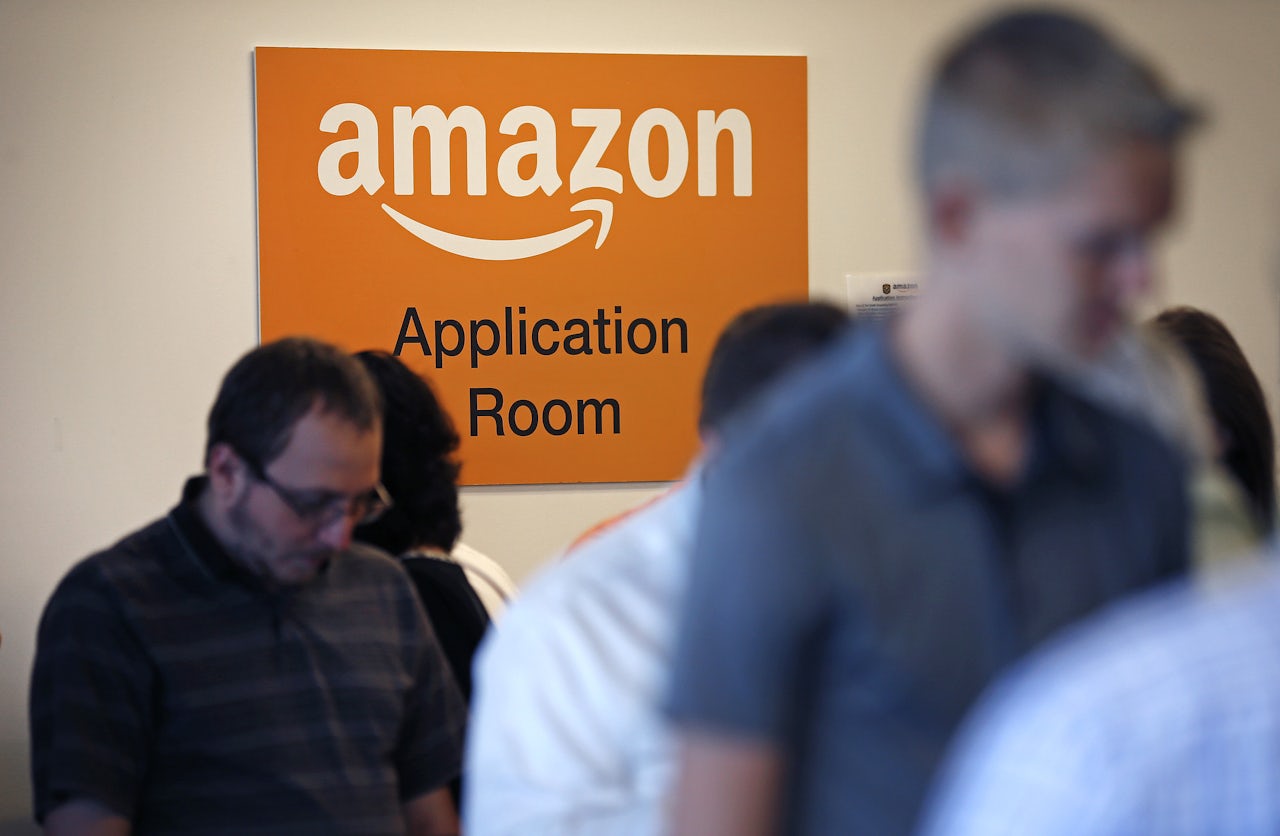Last February, Amazon called it quits on its effort to build its gratingly named “HQ2” office in Queens. After months of protests from local politicians and activist groups, Amazon left rather than duke it out in Albany and Manhattan.
But as a New York Times story from Monday morning shows, Amazon and a bunch of other companies like it, have stuck around. Amazon, Apple, Facebook, and Google have plans to employ a combined 20,000 people in New York by 2022. Just last month, Amazon signed a deal for 335,000 square feet of office space in Hudson Yards on Manhattan’s West Side, a transaction brokered by no special carve-outs from the government.
As it turns out, global megacorporations don’t actually need to be given incentives to remain in one of the most desirable and sought-after places to live in the world. But for years, state and municipal governments across the country have raced in the other direction, escalating the number of tax breaks and other financial benefits they were willing fork up to private interests. In a new paper, Columbia University's Cailin Slattery and Princeton's Owen Zidar are willing to put an exact price tag on it: $30 billion in incentives a year, paid by state and local governments.
The actual benefits provided by these incentives, according to the study, are quite slim. For starters, there’s the problem of why they’re pursued in the first place: Slattery and Zidar note that incentive tax spending goes up significantly in local and state government election years. And as for the firms who receive these benefits, they represent a very small number of companies (.0072 percent) who end up creating a very small number of jobs (1.41 percent) relative to the cash that they take in. There are even five states with no business income tax — Nevada, South Dakota, Texas, Washington, and Wyoming — that spend about $44 per person on business incentives, meaning they’re spending more on rewarding companies than they are collecting taxes from those companies.
You’d think these kinds of policies might have some use in places that are poorer and where jobs are harder to come by, but that is generally not where these jobs materialize. Although the framework for these incentives may exist in those kinds of places, companies ultimately accept such benefits “from places that are richer, larger, and more urban than the average county.” There is apparently “little evidence” these new jobs go to local residents rather than newcomers, when they actually do materialize.
There’s another problem that this study doesn’t get into, but which recent national and local examples suggest are another problem: outright fraud. New Jersey’s Economic Development Authority, which ramped up its corporate gift-giving during Chris Christie’s two terms as governor, has come under extreme scrutiny for how much it doled out needlessly. A New York Times investigation last fall found that 12 companies appeared to have milked $100 million in tax breaks by threatening to move to New York, a plan that they never had any intention of following through on. And more recently and notoriously, Trump administration “Opportunity Zone” incentives have been twisted from programs designed to improve poorer urban areas into giveaways for luxury developers.
Unfortunately, despite scandal in New Jersey, general revulsion at Trump-like cronyism, and Amazon’s about-face in New York last year, Slattery and Zidar’s number doesn’t suggest that this tidal wave of incentives is abating dramatically. After all, the corporate giveaway is a campaign trail staple, and you don’t just have to take it from the study — remember when Trump claimed to have saved those jobs at a Carrier plant? And in spite of Amazon’s revocation of its HQ2 deal in New York, its other second headquarters will be opening as planned in northern Virginia. In fact, Amazon felt comfortable enough ditching New York last year that it walked away from another $800 million in tax credits that had apparently been up for negotiation at one point, according to a new report by the Wall Street Journal this week. After all, they probably can find that cash somewhere else.
